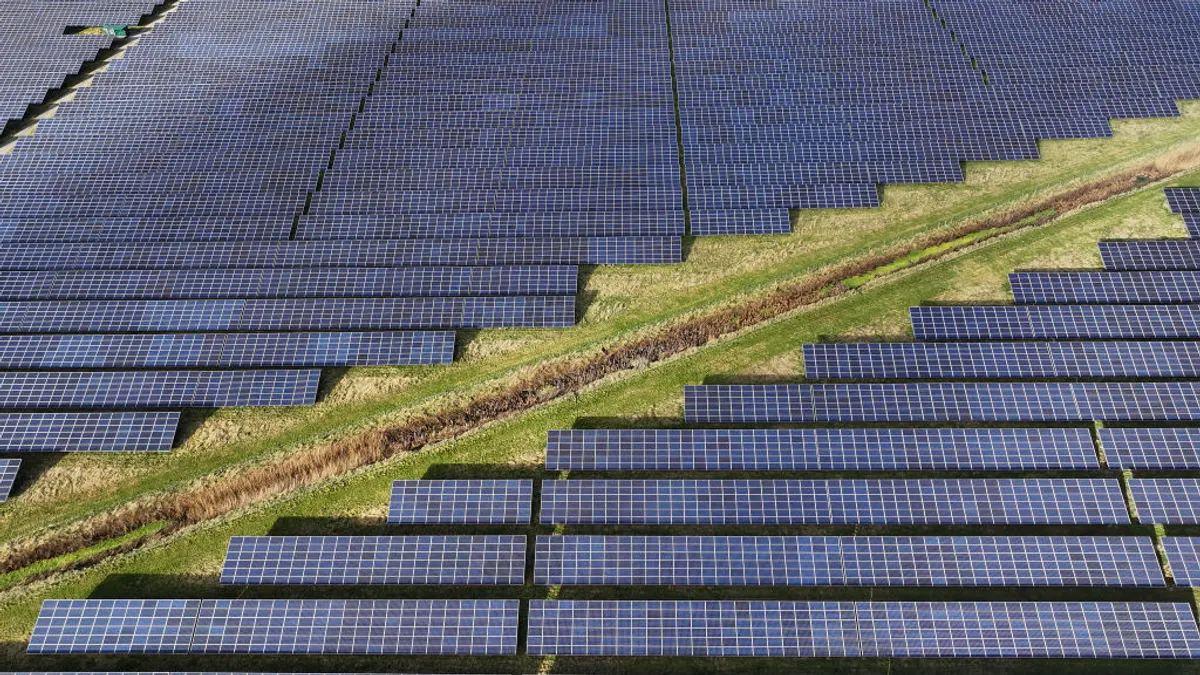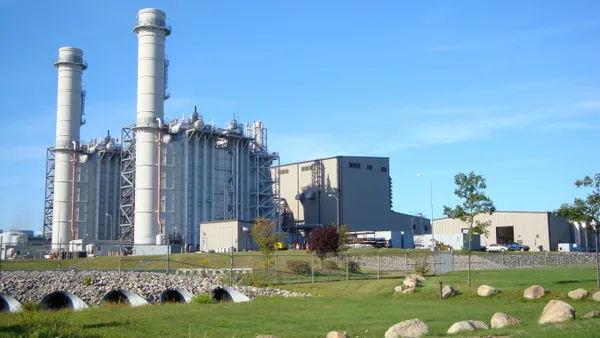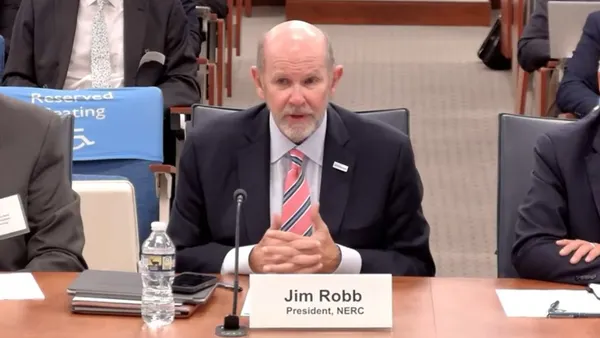Dive Brief:
-
Louisiana regulators on Wednesday approved proposed changes to the state's net metering standards that change the way rooftop solar owners are compensated for the energy they supply to the grid.
-
Under the policy, utilities will pay rooftop solar customers the avoided cost of the power they supply to the grid, around $0.04/kWh, rather than the retail rate, around $0.10/kWh. Utilities will then be able to recover any lost revenues for the excess power generated to the grid through rooftop solar. Customers under the old net metering model or customers who apply for net metering by the end of the calendar year will be grandfathered into the old retail rates for the next 15 years.
-
Proponents of the changes say the solar industry should be able to stand on its own without receiving the full retail rate, and cite concerns over costs to non-solar customers. But solar advocates in the state fear the rule is a step backwards for a budding industry, and say allowing utilities to recover those costs is highly unusual.
Dive Insight:
Net metering continues to be a point of contention among utilities, ratepayer advocates and solar proponents. The practice is intended to incentivize solar buildouts by compensating rooftop solar owners for the excess power they supply to the grid, but opponents say the payments are often unfairly absorbed by non-solar customers.
"There are approximately 2 million ratepayers involved in this in Louisiana, and there are approximately 18,500 solar panel customers involved in this," Louisiana Public Service Commission Chair Mike Francis, R, told Utility Dive. "And the 18,500 solar panel [customers] are actually receiving a little help from the 2 million ratepayers to get this little windfall that they're getting when they sell back to the grid."
The commission is pro-solar, he said, but after years of net metering "that solar bird [should] be able to leave the nest and fly on its own."
Additionally, for a state with the cheapest electricity rates in the country, the cost savings of rooftop solar just aren't there in the same way they are for states with high power rates, like New Jersey and California. The commission sees more value in utility-scale solar projects, which provide more opportunity for customer cost savings, he said.
"If I'm going to promote solar to help our ratepayers, big solar delivers double the value of a rooftop solar," he said.
"But I don't want to discourage rooftop solar. … I just say you don't need to have a subsidy to support a rooftop solar job, because we're not subsidizing into big solar. The big solar projects we're doing and approving, the rates that we're guaranteeing on these contracts are competitive with the other electricity that Louisiana is generating."
Clean energy proponents, however, take issue with categorizing solar-generated credits as "subsidies."
Utilities are actually receiving more of a subsidy from the new regulations than rooftop solar owners ever did, Vote Solar Regional Director Thad Culley told Utility Dive. Under the new rules, any lost revenues for "excess power" generated to the grid through rooftop solar is recovered by the utility.
"In purporting to fix a subsidy problem, which we would argue doesn't exist, they're creating a subsidy for shareholders," he said. "And that is a pretty remarkable turn. There aren't many jurisdictions that allow that type of lost revenue recovery for net metering."
Louisiana utilities have been pushing for this kind of broad overhaul of net metering since the commission opened up the docket to examine net metering in 2013, said Culley, and Wednesday's decision marks a decisive victory for that industry and a hit to solar.
New Orleans in March introduced a renewable portfolio standard resolution that would bring the city to carbon-free electricity by an unnamed date, and now the state lacks the policies to keep that momentum, said Culley.
Cuts to net metering have signaled a death knell for solar in Nevada and Maine, he pointed out, which both ended up reversing those policies to drive more deployments.
"Louisiana used to be kind of a shining example in the Southeast. Even though it was still low penetration, there were lots of homes with solar," he said. "And now there's going to be no policy support to keep that going. And a lot of solar companies that are based in the area are just really gonna have a hard time ahead. So it's a really sad story."














